THAILAND
Dear fellow caregivers,
You are welcoming a patient from Thailand.
Here is a list of useful information to know in the context of his medical care.
General Information
Distance Paris – – – > – – – – Bangkok : 5866 miles
68.2 million inhabitants / Average salary: $434 per month
Literacy rate: 96.67% / Life expectancy: 74.42 years
Spoken language : Thai
● Most Thai people are friendly, polite and tolerant, kind and patient. Thailand is a non-confrontational society.
● Buddhism is not only the dominant religion but also the moral philosophy and way of life, on which their sense of manners is based. Nearly 95% of Thais are Buddhists.
● Thais respect hierarchical relationships and the family is the cornerstone of society.
● Thais have a deep and traditional respect for the king, the royal family, and Buddha.
Communication
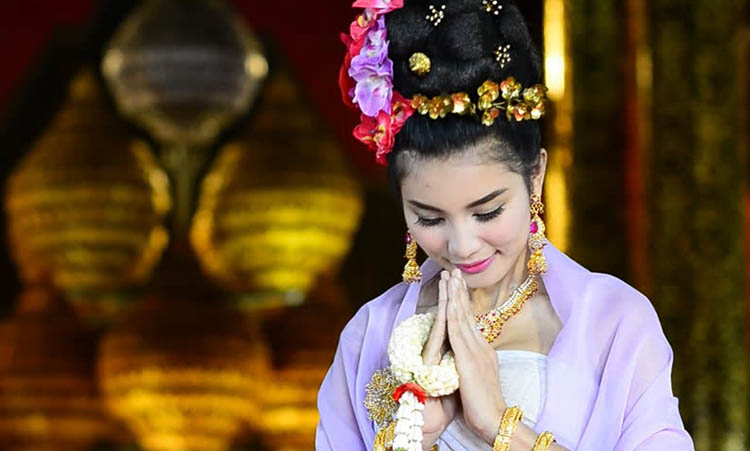
● Generally, Thai people will greet you by joining their hands in a prayer position, accompanied by a slight bow, called the wai.
● Pointing a finger, touching something with your feet or winking are inappropriate attitudes.
● Thai people may not appreciate physical contact, which is perceived as intimate or even invasive. Touching the head is accepted only out of great necessity because it is considered the highest part literally and figuratively.
● It is common for them to use “Mr./Mrs.” followed by your first name rather than your last name.
● Many Thais have a nickname, used in informal contacts. Nicknames are sometimes used instead of real first names, which are quite long and hard to pronounce.
● Thais show great respect for their elders. The latter will make family decisions.
Beliefs, Practices & Rituals
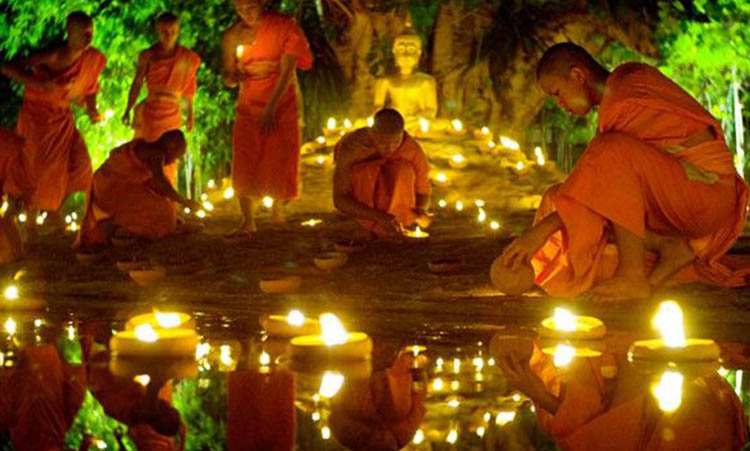
● A Thai patient may wish to have space to install a Buddha house in his room.
● Number 13 is absent in Thailand, it brings bad luck. In elevators, this number is replaced by “12A”.
● In some regions/families, female circumcision is still a common practice.
Excision can be the cause of psychological as well as physical disorders, such as pain in the lower abdomen and/or vagina.
Eating habits
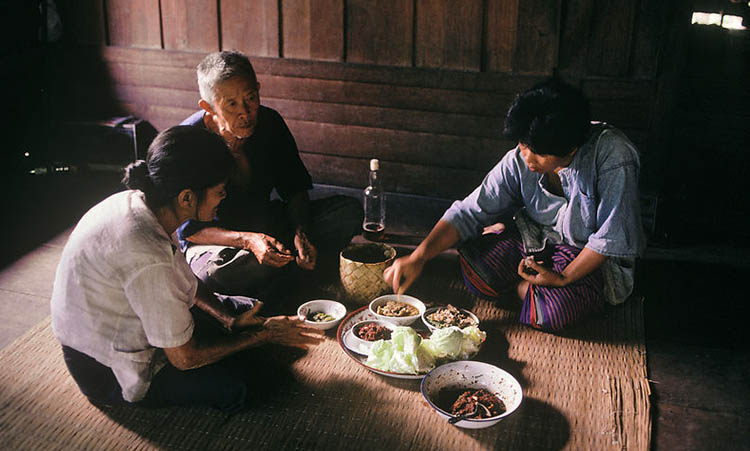
● It is common to serve cold water before a meal.
● In Thailand, a complete dish consists of a single dish or rice with a variety of complementary dishes.
● Thai people eat with a fork and a spoon. Chopsticks are rarely used.
● Dishes are often served with a variety of spices to enhance the taste.
Pregnancy and motherhood
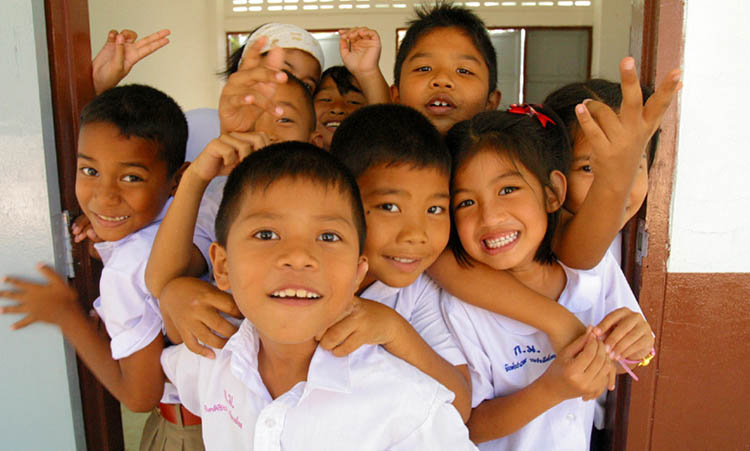
● After giving birth, mothers do the “yu fai”. This is a kind of “spa” session, to eliminate everything that remains in their belly and to make the blood circulate better.
● Thai women may prefer to give birth by Caesarean section and at a date that brings good luck.
● Thai mothers-to-be may want to wear makeup for the birth.
● Saying that a baby is cute can create fear that a ghost will take him away from his family.
● Abortion is widespread but remains illegal except in cases of danger to the mother’s life or rape.
A patient who has undergone an excision may be subject to complications during childbirth, such as a star-shaped tear of the perineum.
End-of-life care
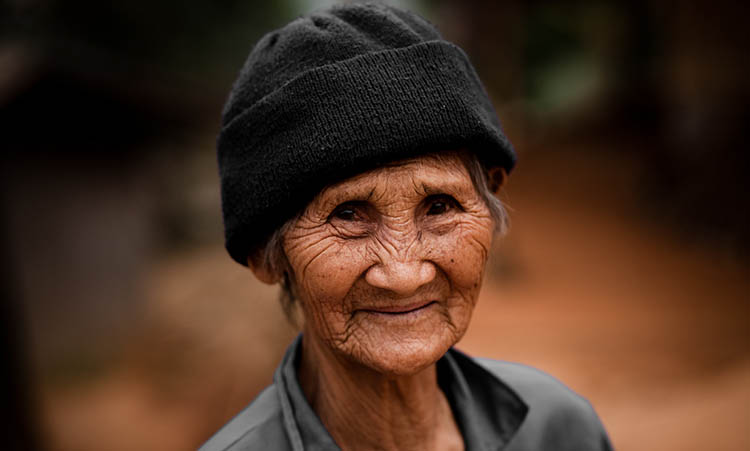
● Death is seen as the beginning of a future rebirth. If the person leaves in peace and quiet, filled with spiritual thoughts, this death can be a joyful event.
● Thai patients may want to see a religious figure when they are ill. They may also want to display their religious symbols. It may be helpful to provide a quiet space, if possible away from the body, for the family.
● After death, it is preferable that the body be left untouched until a religious figure makes the recommended prayers. If the body is to be touched, it is recommended that you start with the top of the head before touching other parts of the body.
● For Buddhists, a positive and peaceful mind creates a life of good deeds and morals, which produces a happy and fortunate rebirth. The grieving family wishes the deceased to reach this stage. For this, they will continue to pray and perform rituals for 49 days.
● Some people do not wish to donate organs for fear of being reincarnated in their next life with a disability.
● According to Buddhist traditions, Thai people can place a coin in the mouth of the deceased.
Examples
This section allows us to share experiences. Feel free to share yours with the community.
Sources :
Diversity toolkit – Cleveland Clinic
